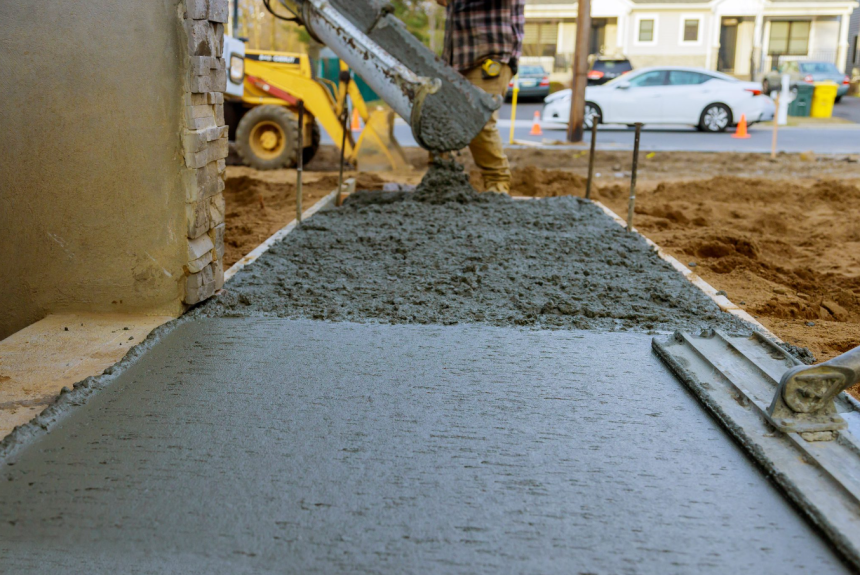In construction and infrastructure development, the foundation literally and figuratively rests upon a crucial building block – concrete. As a business owner or project manager, the choice of concrete supplier can significantly impact the success and longevity of your endeavors.
The market is teeming with numerous options, each claiming to be the best, making the decision-making process daunting. This comprehensive guide will navigate the concrete jungle and highlight essential considerations when choosing concrete suppliers for your business needs.
Reputation and Reliability
Trust is the bedrock of a successful business relationship, and in the realm of concrete supply, reputation and reliability stand as the foundational keystones. Reputation is meticulously crafted over time through unwavering commitments to consistent quality, dependability, and a steadfast dedication to customer satisfaction.
Prospective suppliers should undergo thorough scrutiny, with a comprehensive examination of their track record, past projects, and customer testimonials. This investigation provides valuable insights into the supplier’s performance, allowing stakeholders to make informed decisions.
Quality Assurance
Concrete quality is paramount in construction projects. A reputable supplier should adhere to industry standards and have a robust quality assurance program.
Inquire about the supplier’s quality control measures, testing procedures, and certifications. A supplier that invests in quality assurance is more likely to deliver a consistent and durable product, ensuring the longevity of your structures.
Product Range and Customization
Different projects demand different concrete mixes. A versatile supplier with a broad range of concrete products can cater to diverse project requirements. Additionally, the ability to customize concrete mixes based on specific project needs is a valuable trait.
Consider suppliers who are flexible in adjusting mix designs to accommodate unique specifications, ensuring optimal performance for your construction projects.
Production Capacity
The scale of your project should align with the production capacity of the concrete supplier. A mismatch can result in delays, increased costs, and logistical challenges.
Evaluate the supplier’s production capabilities, including their batching plants, transportation fleet, and overall capacity to handle the volume required for your project. A well-equipped supplier will have the resources to meet your demands seamlessly.
Environmental Considerations
In an era where sustainability is a top priority, assessing a concrete supplier’s environmental practices is crucial. Look for suppliers who prioritize eco-friendly production processes, recycling of materials, and responsible waste management.
Sustainable practices contribute to a greener environment and enhance your project’s overall image in the eyes of environmentally conscious stakeholders.
Cost Transparency
While cost is a significant factor, it should not be the sole determining factor. Transparent pricing is essential for an accurate assessment of the overall project budget. Seek concrete suppliers who provide detailed and transparent cost breakdowns, including material costs, delivery charges, and any additional fees.
Avoid suppliers who offer seemingly low upfront costs but hide extra charges that may surface later in the project.
Location and Logistics
Proximity to your project site is a logistical consideration that can impact transportation costs and project timelines. Choosing a local supplier can reduce delivery times, lower transportation costs, and contribute to the overall efficiency of your project. Evaluate the supplier’s transportation fleet, delivery capabilities, and their ability to adapt to your project schedule.
Conclusion
Selecting the right concrete supplier is a critical decision that can influence the success of your construction projects. By prioritizing factors such as reputation, quality assurance, production capacity, environmental practices, and transparent pricing, you can make an informed choice that aligns with your business needs. Navigating the concrete jungle requires diligence, research, and a commitment to building solid foundations in terms of structures and business relationships.














